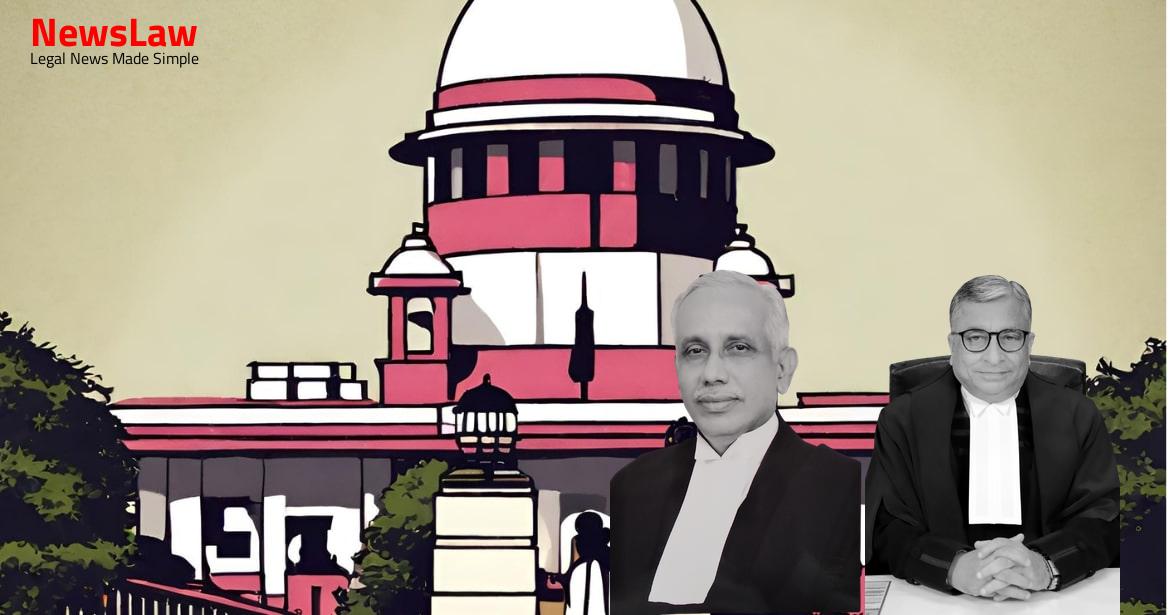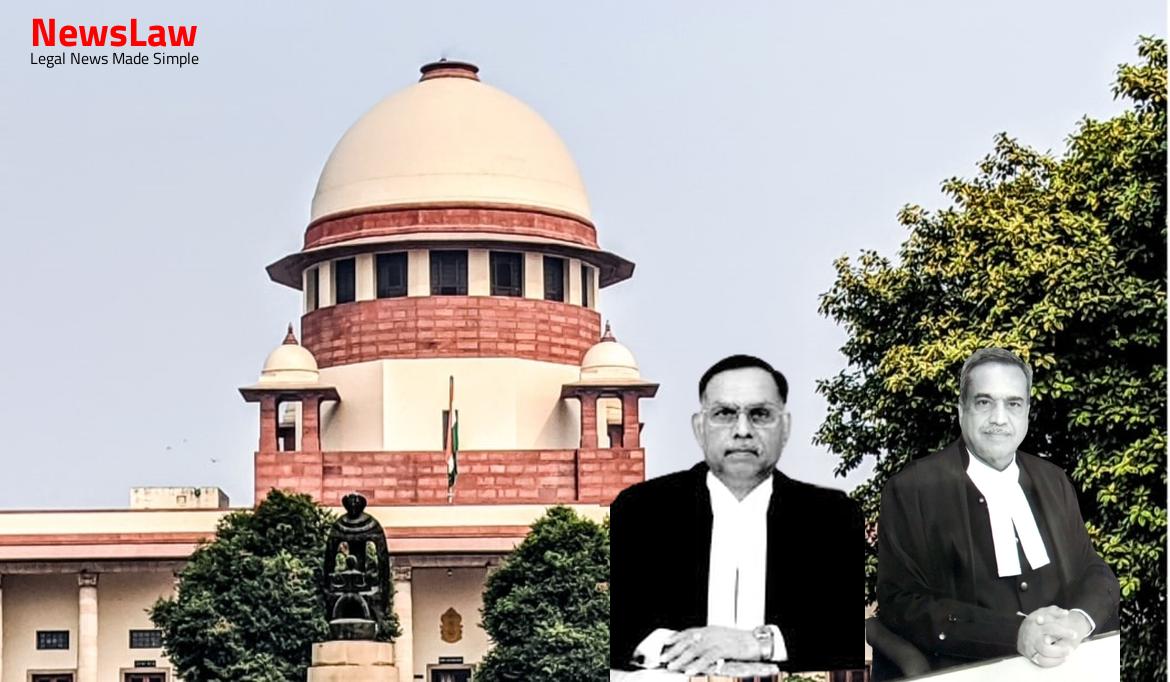Act)/South East, Saket Courts, New Delhi (for short “learned Magistrate”) dated 25.01.2019 dismissing Criminal Complaints No.621744/16, 1718/16, 1276/16, 1277/16, 621743/16, 621742/16, 12742/17 and 12744/17 for non-appearance of the complainant (the appellant herein).
Also Read: https://newslaw.in/supreme-court/selection-and-appointment-of-judicial-officers-in-himachal-pradesh/
On 26.10.2017, the learned counsel for the accused made a statement before the learned Magistrate that the 3 cross-examination of CW-1 (the complainant), as made in the above three cases, shall be adopted in the remaining complaints.
The learned counsel for the appellant submitted that the learned Magistrate while dismissing the complaints for non- prosecution lost sight of the proviso to sub-section (1) of Section 256 of the Code. Thus, the order of the learned Magistrate stands vitiated for having failed to notice that there existed evidence on record enabling the matter to proceed even in absence of the complainant under the proviso to sub- section (1) of Section 256 of the Code.
Per contra, the learned counsel for the respondent(s) submitted that sub-section (1) of Section 256 of the Code mandates the Magistrate to acquit the accused if, on the day appointed for the appearance of the accused or any day subsequent thereto, to which the hearing may be adjourned, the complainant does not appear.
Non-appearance or death of complainant.—(1)
If the summons has been issued on complaint, and on the day appointed for the appearance of the accused, or any day subsequent thereto to which the hearing may be adjourned, the complainant does not appear, the Magistrate shall, notwithstanding anything hereinbefore contained, acquit the accused, unless for some reason he thinks it proper to adjourn the hearing of the case to some other day. A plain reading of the proviso to sub-section (1) of Section 256 would indicate that where the Magistrate is satisfied that the personal attendance of the complainant is not necessary, he can dispense with the attendance of the complainant and proceed with the case. What was the purpose of including a provision like Section 247 in the old Code (or Section 256 in the new Code).
But that does not mean if the complainant is absent, the court has a duty to acquit the accused in invitum.”
8 After observing as above, it was held that where the complainant had already been examined as a witness in the case, it would not be appropriate for the Court to pass an order of acquittal merely on non-appearance of the complainant.
Further, if the complainant had not appeared to press the application under Section 311 of the Code, the learned Magistrate could have rejected the application under Section 311 of the Code and proceeded with the case on basis of the available evidence.
For the reasons above, the order(s) of the High Court as well as of the learned Magistrate are set-aside.
Case Title: M/S. BLS INFRASTRUCTURE LTD. Vs. M/S. RAJWANT SINGH (2023 INSC 187)
Case Number: Crl.A. No.-000657-000664 / 2023



